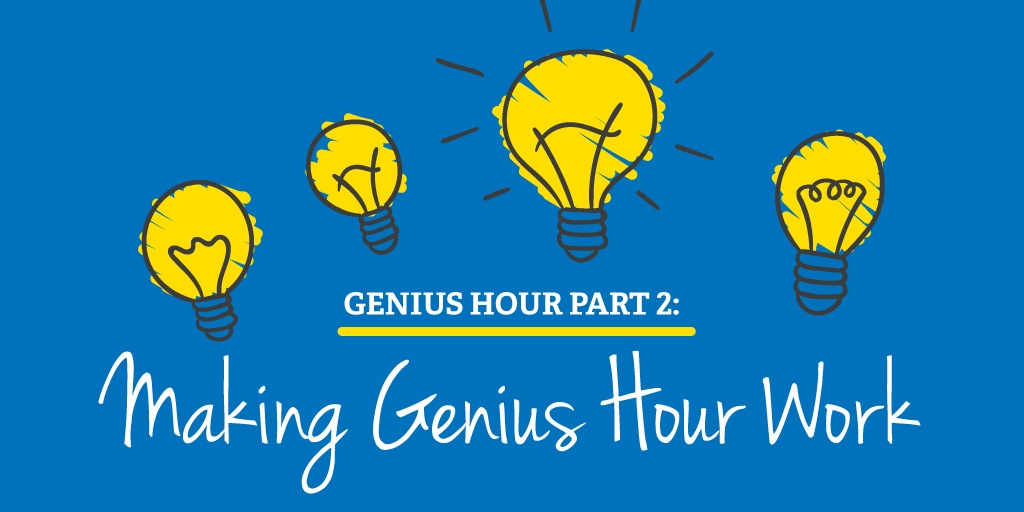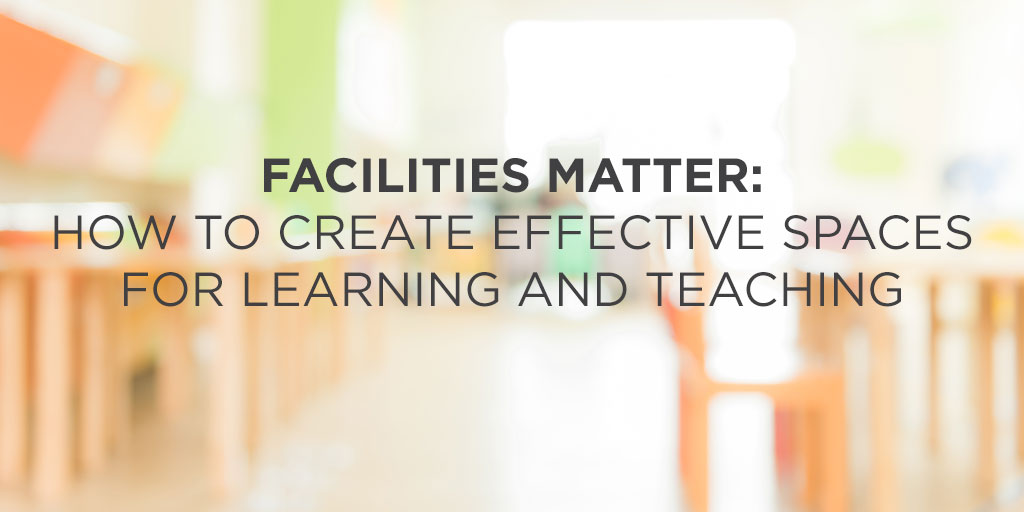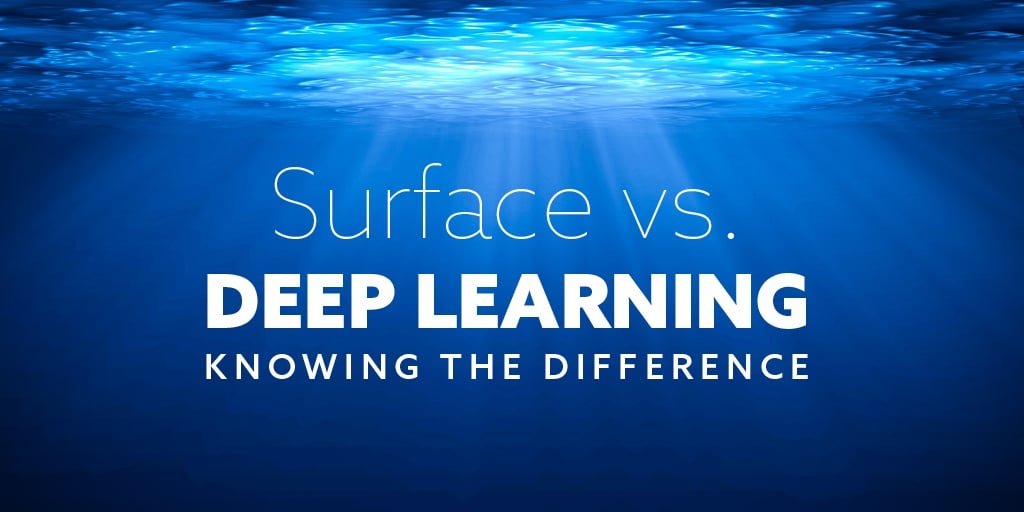In the first article on Genius Hour, we provided an overview of the philosophy behind genius hour and why teachers should consider trying out the concept. We also gave some considerations for getting started—things like how to schedule the time, the standards to support the learning, and the comfort level with putting it all together.
If a teacher is ready to pull the trigger, what happens next? It is hard to know where to start or what to do. Should I dabble in it or go full steam ahead? Should I start the year with it or wait a few weeks to get routines down? How am I going to grade this—or should I even grade it at all?












